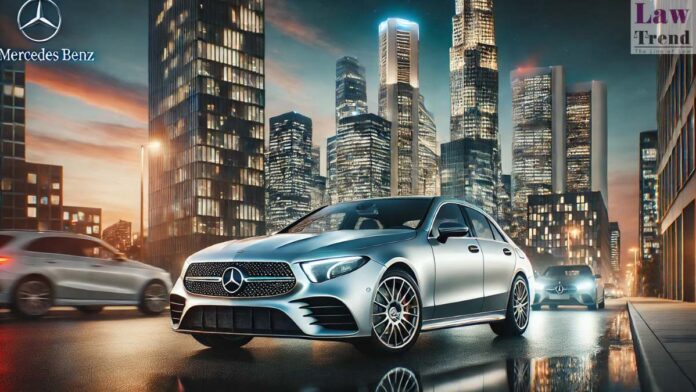In a landmark decision, the Supreme Court of India has upheld the rulings of the National Consumer Disputes Redressal Commission (NCDRC) in two pivotal cases involving luxury car manufacturer Mercedes-Benz. The court’s decision underscores the expectation that high-end car buyers should receive faultless products and holds Mercedes-Benz accountable for defects in their vehicles. Background of







